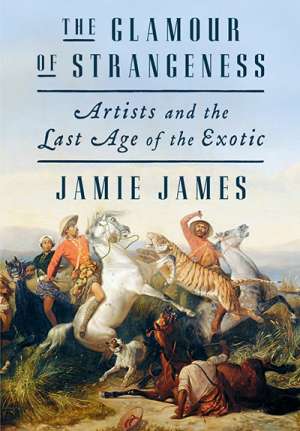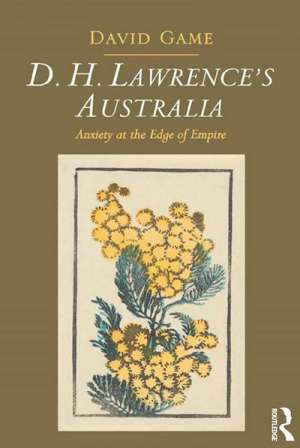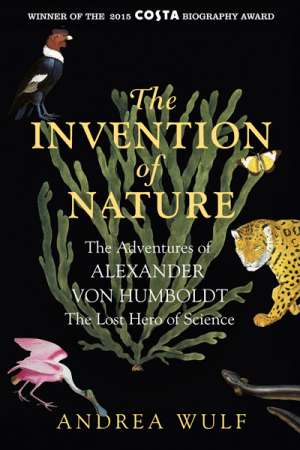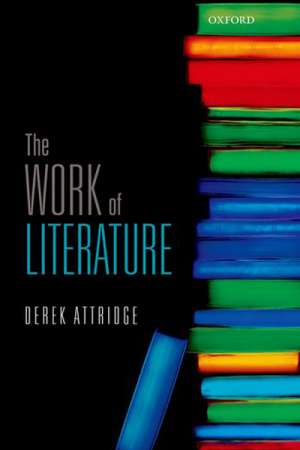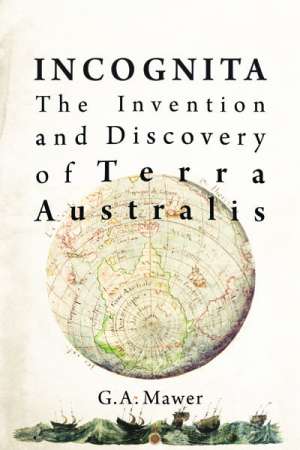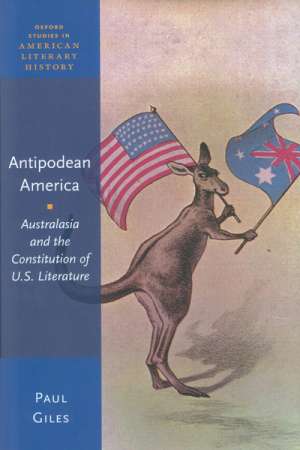Paul Giles
Paul Giles reviews 'The Glamour of Strangeness: Artists and the lost age of the exotics' by Jamie James
Described in one of the blurbs on its back cover as ‘a cabinet of wonders for lovers of faraway countries,’ Jamie James’s The Glamour of Strangeness is unusual in terms of the wide variety of the material it covers. James focuses here on artists who left their homelands ‘to create a new self in a new place’, arguing that the ‘exotic’ aesthetic ...
Paul Giles reviews 'The Oxford History of the Novel in English: Volume 9: The world novel in English to 1950' edited by Ralph Crane, Jane Stafford, and Mark Williams
The latest instalment in the Oxford History of the Novel in English is notable for having one of its editors based in Australia and the other two in New Zealand. As these editors admit in their introduction, this volume is ‘something of a hybrid when set alongside the other eleven volumes that make up the series’, since it is organised partly by historical date, ...
Originally published in German, Albrecht Dümling’s The Vanished Musicians: Jewish refugees in Australia (Peter Lang), a fascinating compendium of Jewish musicians who found refuge in Australia in the 1930s and 1940s, is now available in Australian Diana K. Weekes’s excellent translation ...
... (read more)Paul Giles reviews 'D.H. Lawrence's Australia: Anxiety at the edge of empire' by David Game
When D.H. Lawrence arrived in Australia on 4 May 1922, he was so ignorant of the country's actual conditions that he was, as David Game observes ...
... (read more)Alexander von Humboldt, who died in 1859 at the age of eighty-nine, was not only the most famous scientist of his day but also one of the world's best-known figures. He met often with political leaders, from Thomas Jefferson in the new United States to King Friedrich Wilhelm III of Prussia, and he expanded outwards from his bases in Paris and Berlin to pursue variou ...
Derek Attridge is one of the most formidable theorists working today in the field of literary studies. His central strategy is to identify potential for recognition in the reading process of singularity and alterity, with the qualities of a particular work manifesting themselves most powerfully when they reveal 'unexpected possibilities of thought and feeling'.
...As the author explains in his preface, Incognita had its genesis in events to commemorate the four-hundredth anniversary of the voyages of Janszoon and Torres to the Cape York Peninsula in 1606, with the explorations of these Dutch mariners representing the first European sighting of Australia. This book has been several years in the making, and it offers an ...
Philip Mead reviews 'Antipodean America: Australasia and the constitution of U.S. Literature' by Paul Giles
Paul Giles has done important work reimagining North American literary history as allied rather than isolationist – revisioning American literature not as the definition of landlocked nation or exceptional homeland but as the product of transatlantic and continental traverses of forms and voices. In three books, Transatlantic Insurrections (2001), Atlantic Republic (2006), and The Global Remapping of American Literature (2011), he has uncovered the lines of influence and adaptation between North American, British, and European literary cultures. As a geographical materialist, he focuses on individual authors, overlaid with their spatial and historical environments from the colonialist, to the revolutionary, to the postmodern. But he is not an Archimedean, seeking a still perspective from somewhere above or beyond. Rather, his outlook is shaped by cartographical models of the globe with their surface mosaics of national territories and periods. Whether geographical, historical, or literary, the world is always remappable. His impulse is a deterritorialising one, looking out from within the literary work, that imaginary space from which selves, borders, hemispheres, the nation, the world can be reperceived and co-ordinates reversed or rotated.
... (read more)
